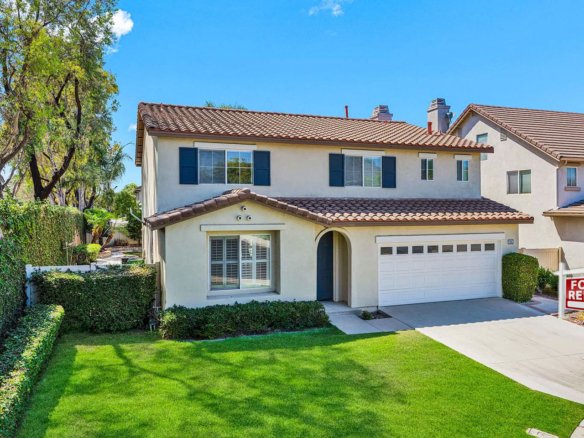Buying real estate with bad credit can seem daunting, but it’s not impossible. Whether you’re aiming to buy your first home or invest in property, there are strategies that can help you navigate the process even if your credit score isn’t where you want it to be. Here’s a step-by-step guide on how to approach real estate purchases when your credit is less than ideal.
Understand Your Credit Situation
Before you start searching for properties, it’s crucial to understand your credit situation. Obtain a copy of your credit report to see where you stand and to identify any areas that need improvement. Your credit score will play a major role in determining the type of loan you qualify for, but lenders also take into account other factors, like income, savings, and your overall financial health.
Save for a Larger Down Payment
A larger down payment can help offset a low credit score. While the typical down payment for a conventional mortgage is 20%, if your credit score is low, you may be required to put down more — often 25% or more. The larger the down payment, the less risk the lender perceives, and the more likely they will approve your loan application. It can also help reduce your monthly mortgage payments.
Consider Alternative Loan Options
If traditional banks aren’t an option for you due to your credit score, consider looking into alternative financing methods:
FHA Loans:
The Federal Housing Administration offers loans to people with lower credit scores, typically as low as 580, with a 3.5% down payment. These loans are government-backed and can be a great option for first-time homebuyers.
VA Loans:
If you're a veteran or active military member, you may qualify for a VA loan. These loans typically don't require a down payment and have more lenient credit score requirements.
Subprime Mortgages:
Some lenders specialize in offering mortgages to people with bad credit. However, these loans often come with higher interest rates and stricter terms, so it’s important to read the fine print carefully.
Seller Financing:
This is when the seller of the property acts as the lender and you make payments directly to them. This can be an option for those with bad credit, but it usually requires the seller to be willing to negotiate terms.
Shop Around for Lenders
Don’t settle for the first lender who offers you a loan. Different lenders have different requirements, and some may be more flexible with bad credit than others. Look for lenders who specialize in working with individuals with low credit scores. Online lenders, credit unions, and local banks can all offer competitive options.
Get a Co-Signer
If you're having difficulty securing a loan on your own, consider asking a family member or friend with good credit to co-sign the loan. This can help mitigate the lender's risk and improve your chances of approval. However, keep in mind that the co-signer is financially responsible if you default on the loan, so it’s important to maintain a strong relationship and be diligent with your payments.
Improve Your Credit Score (If Possible)
If you have time before making your purchase, take steps to improve your credit score. Even small improvements can help. Focus on paying down credit card balances, making payments on time, and disputing any errors on your credit report. If you can raise your score by even a few points, you may qualify for better interest rates and loan terms.
Explore Rent-to-Own Options
If securing a mortgage proves too difficult, a rent-to-own option could be a great alternative. Rent-to-own agreements allow you to rent a property with the option to buy it later, typically within a few years. A portion of your rent may be applied to the purchase price, giving you time to improve your credit score and save for a larger down payment.
Consider a Lease Option or Lease Purchase
In some cases, landlords may offer you the option to lease the property with the ability to purchase it later. This approach can be a win-win, allowing you to secure the property while working on improving your financial standing before committing to a full mortgage.
Get Pre-Approved for a Loan
Getting pre-approved for a loan can give you a better idea of your budget and the types of properties you can afford. It also demonstrates to sellers that you are a serious buyer, which can be important when negotiating the terms of your deal.
Be Prepared for Higher Costs
When purchasing real estate with bad credit, expect to pay higher interest rates and possibly higher insurance premiums. These additional costs can add up, so make sure to budget accordingly and ensure that you’re financially prepared for the long-term commitment of homeownership.
Purchasing real estate with bad credit may take more effort, but with patience and persistence, it’s definitely achievable. By saving for a larger down payment, exploring alternative loan options, and improving your credit score over time, you can still turn your dream of owning a home into a reality. Keep in mind that every situation is unique, and working with a knowledgeable realtor or financial advisor can help you find the best solutions tailored to your circumstances.
Remember, while your credit score is an important factor, it’s not the only one that lenders look at. With the right strategies, you can secure a mortgage, even with less-than-perfect credit.




